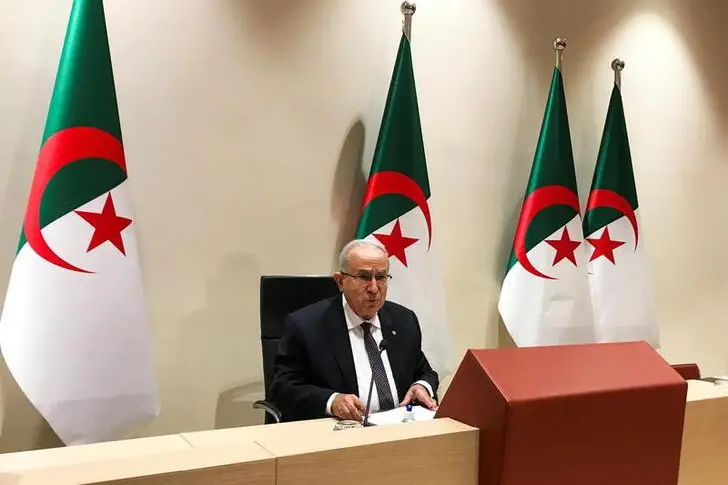PHOTO
Algerian Foreign Minister Ramtane Lamamra vowed that his country will continue to defend the “just causes of the people who are fighting for their fundamental rights, including the inalienable right to self-determination, particularly in Palestine and Western Sahara.”
But his Moroccan counterpart Nasser Bourita condemned what he called Algerian “interference” in Western Sahara, and reiterated his country’s commitment to finding a comprehensive settlement to the protracted conflict that “respects Morocco’s sovereignty and territorial integrity.”
He said Western Sahara’s 63 percent turnout in Morocco’s general elections earlier this month was the highest nationally, which shows Sahrawi attachment to the country’s territorial integrity.
Bourita urged the international community to back a “realistic, practical, permanent and consensual political solution” for the protracted crisis, saying such a solution will not be possible until Algiers “shoulders its responsibility for perpetuating an invented regional conflict.”
Algeria recently cut off ties and closed its airspace with Morocco as tensions over who controls Western Sahara have escalated between the two countries.
Rabat says the region is Moroccan territory, and last year the US recognized Moroccan sovereignty over Western Sahara in return for enhanced diplomatic ties with Israel.
Algeria has backed the Polisario Front, a separatist movement in Western Sahara vying for international recognition.
Decades after the end of the 1975-1991 war between Morocco and the Polisario Front, the latter announced last year that it was resuming armed struggle.
In his UN speech, Lamamra referred to the conflict as a “de-colonization” issue that automatically conjures up the principle of self-determination as “the only solution.”
He said: “Algeria believes that the right of the Sahrawi people to self-determination is inalienable, non-negotiable, and not subject to statutory limitation.”
Copyright: Arab News © 2021 All rights reserved. Provided by SyndiGate Media Inc. (Syndigate.info).





















